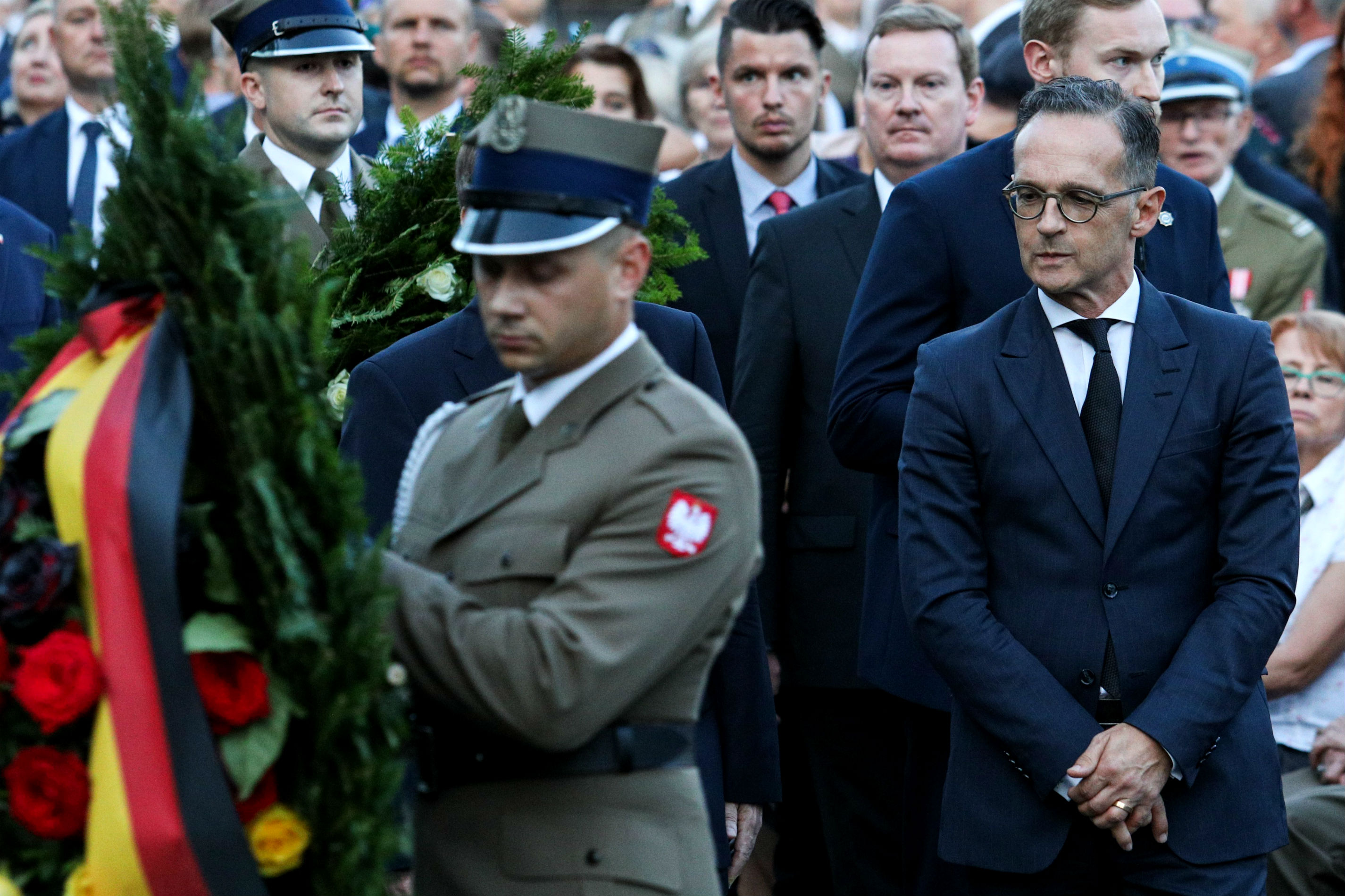Custodians of the legal continuity of the Second Polish Republic were deposited in the crypt; what fate awaits their deposit? Digitization. The repository of the Second Polish Republic will not leave the archives, its symbols will be dusted off on anniversaries and the activities of reconstruction groups, and the legacy of the Polish People’s Republic will be guarded by lawyers and politicians – descendants of the homeland people. Modern and European. Is Poland normal?
Does the ceremony of transferring the remains of three presidents of the Republic of Poland in exile from the British cemetery in Newark to the mausoleum of the Temple of Divine Providence close the war chapter in the history of the Second Polish Republic? Can the achievements of the Polish government in exile be reduced to badges and symbols? Slowly, and by example – tireless efforts to conclude the pontificate of St. Jana Pawła II of Wadowice cream cake in the window of the building on Franciszkańska 3 in Krakow. Custodians of the legal continuity of the Second Polish Republic were deposited in the crypt; what fate awaits their deposit? Digitization in the archives. The Polish authorities in exile – marginalized by recent allies, doomed to oblivion by the diplomacy of the People’s Democratic Bloc and the propaganda power of the Soviet Union – persisted stubbornly, confident in the legality of their existence.
On the day of the outbreak of the Second World War, the state and law of the Republic of Poland were based on the provisions of the Constitution of April 1935. Its article 13 authorized the president to appoint his successor for the duration of the war. In the aftermath of Soviet Russia’s aggression against Poland, the authorities of the Second Polish Republic: the President, Prime Minister and Commander-in-Chief take refuge in the neighboring kingdom of Romania. The continuity of power in exile was ensured by art. 24 of the April Constitution, legalizing the appointment of a successor to the president in the event ofvacancy of the post of head of state before the conclusion of peace“. The last president of the Republic of Poland in exile, Ryszard Kaczorowski, in December 1990 presented the insignia of power (seal, pennant, order of the White Eagle and the original of the April Constitution) to Lech Wałęsa – the President of the Third Republic of Poland, elected in the first free post-war elections. Thanks to the government in exile, Poland survived the Second World War as a state and subject of international law. had an army and administrative structures, the assets of the state treasury were 80 tons of gold from the resources of the Bank of Poland (probably three times more than the gold in the coffers of the aggressor, the German Third Reich). 25 representative offices of other countries were accredited to the President of the Republic of Poland in London, the Polish state had representative offices in 40 and consulates in 148 countries.In 1942, the Second Polish Republic established relations s diplomatic relations with Canada.
These are not commonly known and readily available facts. Forty-five years of the existence of the Polish People’s Republic have dominated descriptions of the recent history of the Poles. The Second Republic ended with the defeat of the September campaign, the battle trail of the Polish armed forces in the west was marked by episodes: air battles of the 303 squadron, the battle of Monte Cassino and armored battles of General Maczek. The Warsaw Uprising as a heroic but useless Home Army military effort crowned the knowledge of Poles in the East over their compatriots in the West. Who remembers the contents of Stalin’s telegram to Churchill eight days before the outbreak of the uprising – the biggest independence uprising of World War II: “We have not found any other forces in Poland that could create a Polish administration. The so-called underground organizations, run by the Polish government in London, turned out to be ephemera devoid of influence“. The Second Polish Republic fought against the Third Reich, struggling with the denial of its subjectivity by the Soviet Union and the Polish patriots of Joseph Stalin.
Nothing happens twice… (Wisława Szymborska). For sure ?
Year 1814, Vienna; after the defeat of the French Emperor Napoleon Bonaparte, the victorious coalition: the Emperor of Austria, the King of Prussia and the Emperor of Russia prepare a peace plan and a sustainable development project for Europe at the Congress of Vienna. There was a place for the Kingdom of Poland – a constitutional monarchy with its own parliament (Sejm), army, treasury (own money and taxes), Polish education and judicial system. What remained common to Poland and Russia was the person of the monarch – the All-Russian autocrat and his leading role in foreign policy and legislative initiative (introduction and modification of law).
Year 1945, Potsdam; after the defeat of Adolf Hitler’s Third Reich, the victorious coalition: the President of the United States, the Prime Minister of Great Britain and Joseph Stalin as an autocrat of the USSR (Union of Soviet Socialist Republics) prepared a plan for peace and a blueprint for sustainable development for Europe and the world at a conference in the summer of 1945. A place was provided for the Commonwealth – a constitutional republic with its own parliament…etc., etc As in 1814, we remained a vassal state of Russia. What about the government in exile? ” … diplomatic relations with the former Polish government in London, which have ceased to exist, are canceled (Chapter IX of the final communiqué of the conference). What about the government in exile and the citizens of the Second Polish Republic? It does not matter. After all, the text of the Constitution of the Kingdom of Poland was also given to us and not consulted. The current relations of the Republic of Poland with the Brussels bureaucracy and the Strasbourg parliamentarism have solid European foundations. But there was a ray of hope, a promise of national consultations on negotiated arrangements: … The heads of the three governments recognize that the interim government of national unity … will hold free and unfettered elections (Chapter IX continued).







